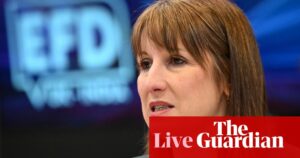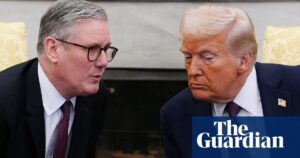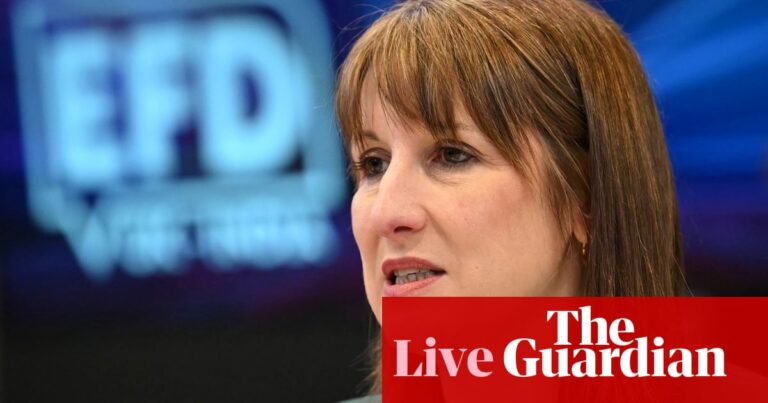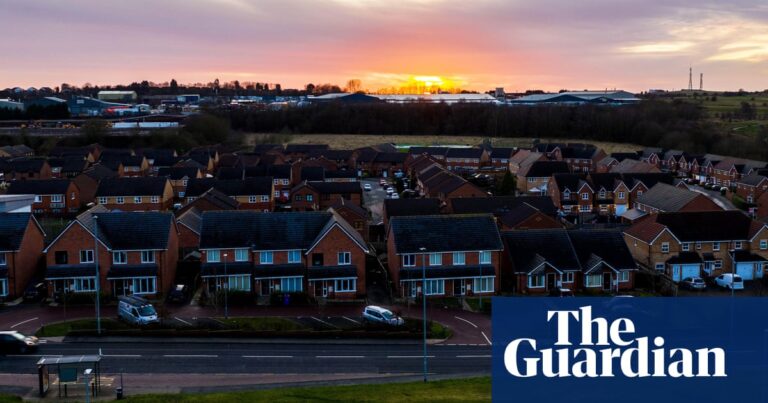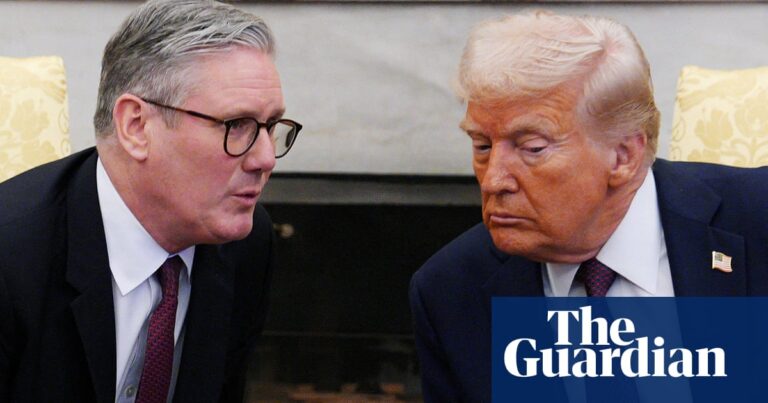The chief negotiator for the African group has cautioned that fair and just financial support for climate adaptation is crucial for the survival of the continent. However, discussions at Cop28 have not yet yielded positive results.
The topic of adaptation is being talked about in regards to the global stocktake (GST), which evaluates the progress of fulfilling the promises made in the 2015 Paris agreement. The eagerly anticipated global goal on adaptation (GGA) – a united commitment put forth by the African group in 2013 and established under the Paris agreement – is also expected to be finalized in Dubai.
Unfortunately, advancements have been sluggish and nations have not reached a consensus on attainable goals and regulations. There has also been a lack of a functional framework and fair financial agreements that consider the challenges faced by developing countries, particularly in Africa. There is uncertainty surrounding whether the promised results will be achieved, as countries have not been able to come to an agreement on the initial text.
Ephraim Mwepya Shitima, the leader of the African group of negotiators, stated that we are facing an urgent need for adaptation and that vulnerable populations are experiencing hardships. It is crucial for the world to take action and provide adequate financial support to close the adaptation gap, ensuring that Africans are not left behind. This should be a key focus in the outcome of Cop28.
“Survival in Africa is dependent on our ability to adapt to the changing climate. It is a critical issue that could mean life or death for us. In order to successfully cope with severe droughts, devastating storms, and rising sea levels that put our lives at risk, we require both action and financial support. Unfortunately, we have been disappointed by the lack of progress so far, but with a few days left, there is still a chance for us to make a difference.”
Global leaders have recognized the substantial lack of financial support for national efforts to address the effects of climate change. According to a recent report from the United Nations, funding for adaptation measures should amount to $194-366 billion per year. However, the latest evidence indicates that funding actually decreased by 15% in 2021 compared to the previous year, with only $24.6 billion being allocated. The Organisation for Economic Co-operation and Development (OECD) states that the $100 billion pledge made by developed countries in 2009 has finally been fulfilled this year, although developing nations are urging for an unbiased evaluation of the data.
As the negotiations near their end, African nations are advocating for fair and just resolutions regarding mitigation, adaptation, loss and damage, and implementation, all of which rely on climate finance.
Samuel Abu Jinapor, Ghana’s minister of lands and natural resources, said: “The heart of the whole conversation about finance is the historical context of the climate catastrophe, which was largely the creation of the Industrial Revolution. The economies which developed are the same countries which continue to be major contributors to emissions. Now as we try to organise our economies to unleash the prosperity that the global north enjoys, we have been called upon to scale down, to adapt and put in place measures to contribute to the global effort mitigation.”

Africa is responsible for 4% of worldwide greenhouse gas emissions and only receives 2% of funding for renewable energy.
Numerous nations possess significant reserves of fossil fuels in their land or beneath the ocean floor, mainly concentrated in a specific continent. This region also faces considerable development needs, debts, and challenges in obtaining financial resources. Oil, coal, and gas are valuable resources for these countries and can impact their credit scores, ultimately affecting their access to funding. Therefore, African delegates argue that demanding these nations to keep their fossil fuels untouched without any compensation is unjust and biased.
Jinapor stated that in Ghana, certain forest communities can no longer rely on cacao as a source of income due to its contribution to deforestation. He emphasized the importance of fair financial support for adaptation, mitigation, and addressing loss and damage caused by climate change. It is crucial to not replicate the existing unequal global financial system in climate financing; a new approach is necessary.
African nations are calling for inclusion of climate funding in the GST, along with broader changes to global financial structures that currently benefit more affluent countries. Egypt’s lead negotiator, Mohamed Nasr, emphasized the need for the GST to address existing disparities and obstacles in financial flows. He stated that without adequate funding for implementation, any talk of reducing fossil fuel use will have little impact as countries will be unable to follow through.
The United States, United Kingdom, European Union, and fossil fuel companies are advocating for any mention of minimizing or reducing the use of fossil fuels in the GST to be specified as “unabated.” Developing countries, particularly those in Africa, are raising concerns about this. Nasr stated, “Permitting ‘abated’ fossil fuels will give developed countries with access to costly carbon capture technology an advantage, while unfairly discriminating against developing countries that cannot afford it.”
African nations have also been vocal in the Just Transition programme, which was established at Cop27 in Egypt, pushing for a broader focus that connects climate action and finance with sustainable development. This has met resistance from big economies including the US, EU, UK, Canada and Australia, the Guardian has learned.
According to Mohamed Adow, the director of Power Shift Africa, the top priority in Dubai should be the elimination of fossil fuels. While the growth of renewable energy is significant, it is not as crucial as ensuring that the phase-out process is fair and just. If justice and equity are at the center of the phase-out, there will be no opposition from African nations or the least developed countries. However, it is essential to use language that acknowledges the needs of poorer countries.
There is no assurance that simply increasing renewable energy sources by three times will lead to a reduction in the use of fossil fuels. This is why it is necessary to have a specific date for phasing out the use of fossil fuels alongside this effort.
Source: theguardian.com
